There is so much to know and learn about being a new parent! Starting your baby with healthy habits now can mean a healthier life for your child in the future.
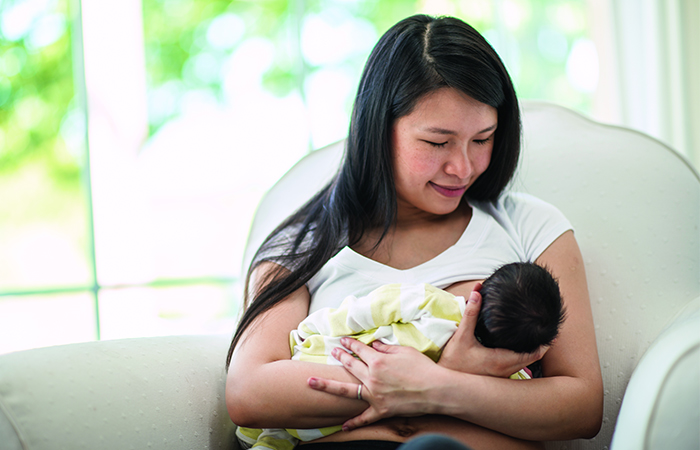
BREAST / CHESTFEED
Breast/Chestfeeding gives babies the healthiest start in life and the benefits can last into adulthood. It can also help babies learn to eat according to their appetite. This habit promotes eating no more than we need, which can help us maintain a healthy weight.
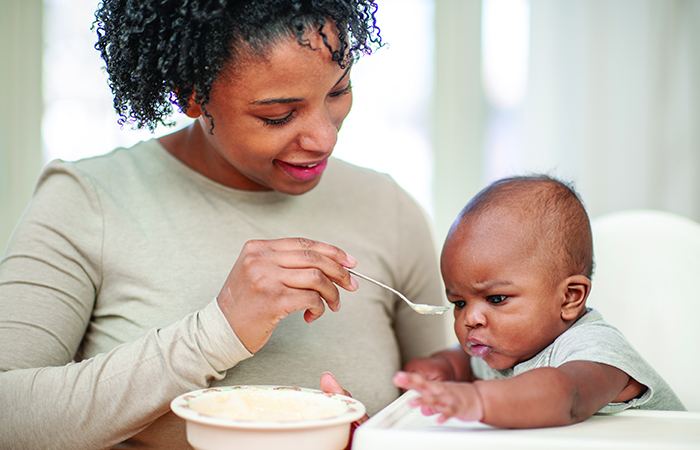
WAIT TO START SOLIDS
Offering solid foods before 4-months can lead a baby to eat more calories than they need and it can also increase their risk for allergies. It’s best to wait until your baby shows signs they are ready before introducing solid foods.
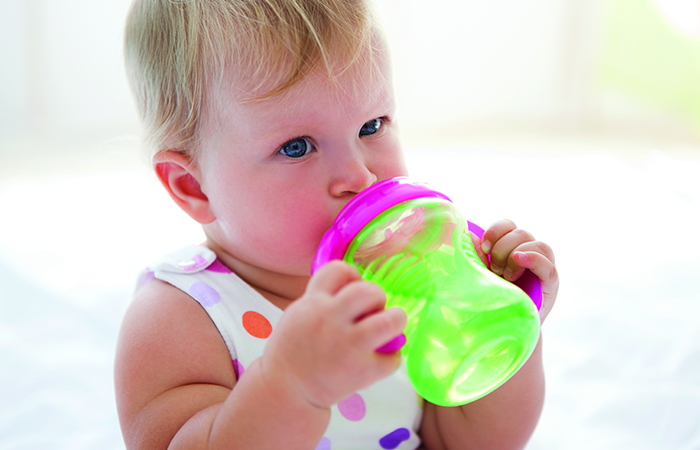
SKIP THE SWEET DRINKS
Babies only need human milk or formula the first year. Small amounts of 100% juice can be introduced to older babies, but should be limited to no more than 4 ounces per day. Babies and toddlers who aren’t offered sweet drinks like soda, sweet tea and juice drinks are more likely to maintain a healthy weight.

ENCOURAGE BABY TO PLAY AND BE ACTIVE!
It’s never too early to be active! Babies need tummy time and a safe place to roll, crawl and reach for toys. This playtime builds muscles and teaches baby coordination. Babies who spend too much time in a baby swing, stroller, car seat or bouncy seat may not get enough active time.
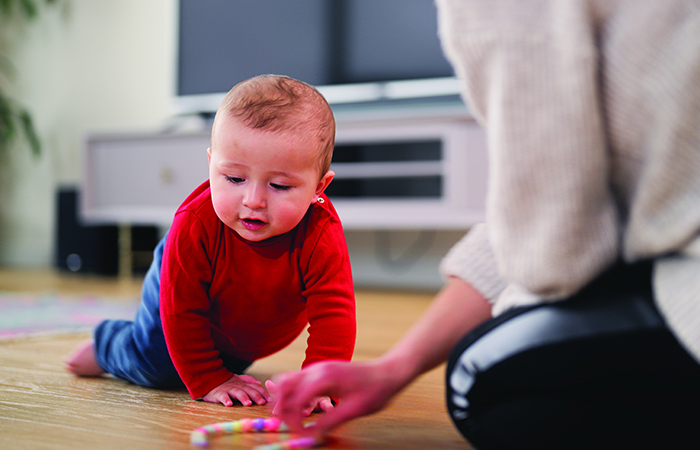
KEEP BABY AWAY FROM TV AND SCREEN VIEWING
The American Academy of Pediatrics recommends no screen time for babies, except for video chatting until 18 to 24 months, and no more than 1 hour of TV per day for children ages 2 to 5 years. The amount of TV or “screen time” a child has can affect their weight because children are usually not active when they are in front of a screen.
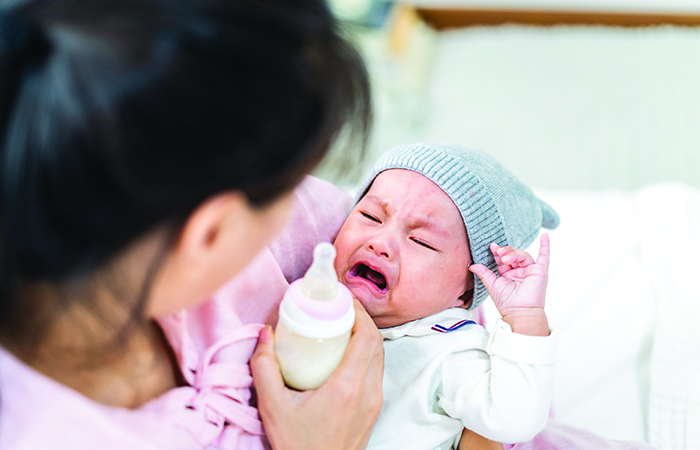
PAY ATTENTION TO SIGNS THAT BABY IS HUNGRY OR FULL
Sometimes when babies are fussy, caregivers may think they are hungry, but they may just be tired or have a dirty diaper. This can lead to overfeeding.
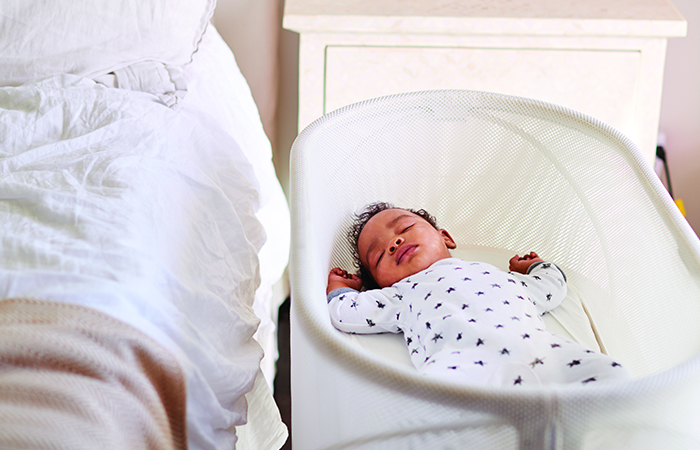
GIVE BABY ENOUGH TIME TO SLEEP
Starting healthy sleep routines at the beginning of a child’s life can help them stay healthy and maintain a healthy weight as well. Babies and toddlers who don’t get the sleep they need are more likely to be overweight as toddlers. Researchers have found that not getting enough sleep can affect hunger and appetite.
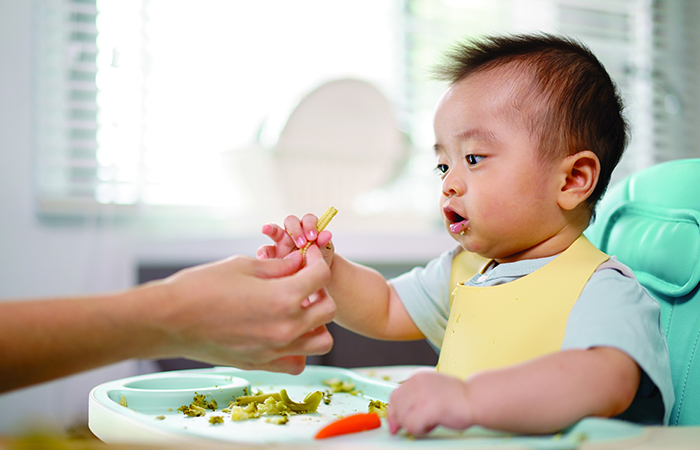
OFFER FRUITS AND VEGETABLES
Once babies start eating more table foods and less baby food, it might be harder to make sure they get their fruits and veggies. Make it a habit to serve fruits and vegetables for snacks. Soft fruits and steamed veggies make perfect finger foods for older babies and toddlers.

